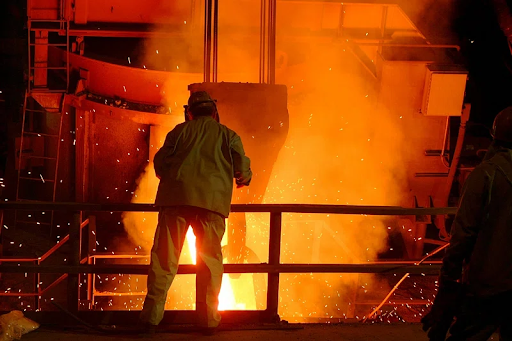Two of the UK’s largest steel producers, Tata Steel and British Steel, are providing a masterclass in the art of “coopetition.” Their new partnership, a tactical alliance designed to overcome shared challenges, demonstrates how to navigate a new world where traditional rivalries are less important than collective resilience. This move is a signpost for the future of heavy industry.
This collaboration was born from the necessity of dealing with a chaotic US trade environment and its complex “melted and poured” rule. This protectionist measure created a common problem for the UK steel sector. The decision by these two rivals to work together on a solution is a powerful example of pragmatic, forward-thinking strategy that places long-term market access above short-term competitive squabbles.
The fiercely individualistic, head-to-head competition that characterized the 20th century is becoming an outdated model. The 21st century is defined by interconnected, systemic challenges—from global pandemics to climate change—that require collaborative responses. This deal shows that the most agile companies are learning to cooperate with their competitors to tackle these larger-than-life issues.
The potential for this collaborative model is truly transformative, especially in the context of the green industrial revolution. The immense financial and technological hurdles of decarbonization can be overcome more quickly and efficiently through partnership. Following this example, rival companies could jointly invest in breakthrough technologies or share the cost of building essential green infrastructure, benefiting the entire industry and society.
While this alliance is temporary and focused, its symbolic importance is huge. It heralds a shift towards a more fluid and networked industrial ecosystem in the UK. Competition will still thrive, but it will be complemented by a new capacity for strategic cooperation on the big issues. This is not just a story about steel; it’s about a new way of doing business.

